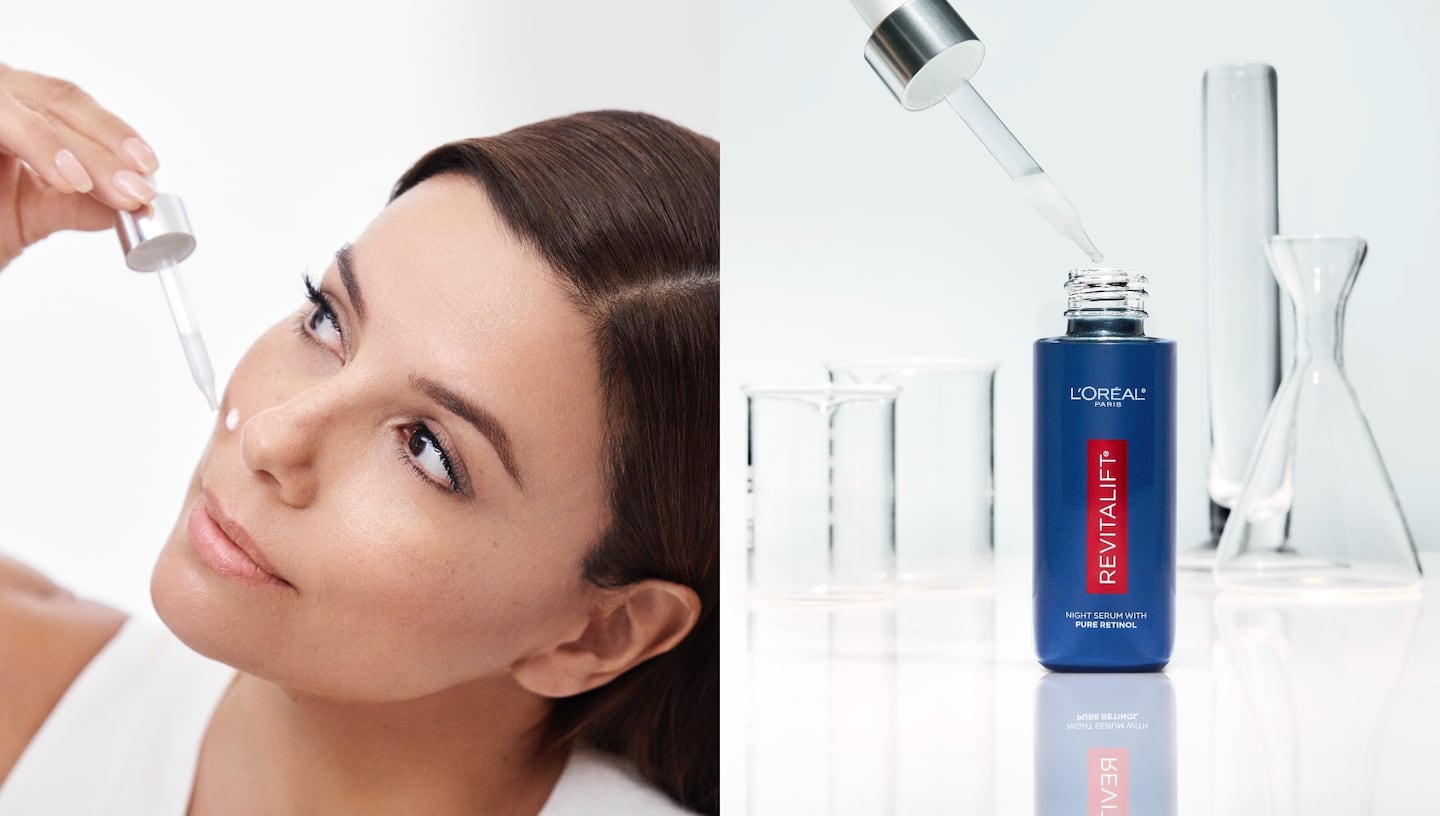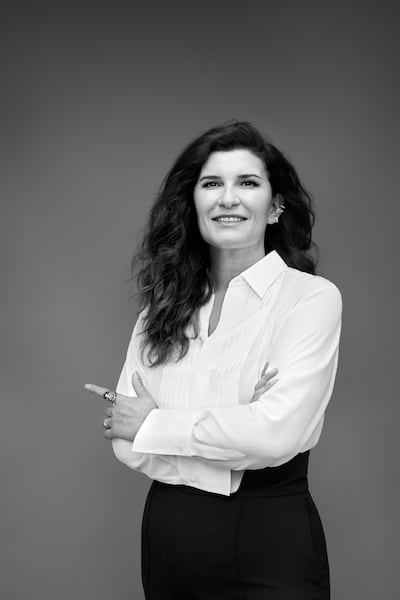
The Business of Fashion
Agenda-setting intelligence, analysis and advice for the global fashion community.

Agenda-setting intelligence, analysis and advice for the global fashion community.

 Opens in new window
Opens in new windowL’Oréal Paris doesn’t just want you to know the hyaluronic acid in its moisturising serum makes wrinkles less visible. It wants you to know that your wrinkles could be precisely 31 percent less visible in a month, according to the copy plastered on billboards across France.
Numbers, multisyllabic ingredients and testimonials from real-life scientists are key to L’Oréal’s plans to stay on top of the skin care market. The strategy appears to be working: mass-market hits like the moisturising serum helped soften the blow from steeply declining makeup sales last year, while the well-timed acquisitions of brands like Cerave and Skinceuticals helped the Paris-based company’s “active cosmetics” division grow by 19 percent last year.
The skin care successes stand in stark contrast to much of the rest of L’Oréal’s portfolio. Company-wide sales fell 4 percent in 2020 on a like-for-like basis as the coronavirus brewed a perfect storm for the beauty conglomerate. A collapse in international travel pounded its high-end brands like Lancôme and Kiehl’s, while the closure of hair salons during lockdowns punished Redken and Kérastase. Social distancing measures that left women bare-faced and homebound accelerated the slowdown in makeup sales for its mass-market names like Nyx and L’Oréal Paris.
L’Oréal Paris president Delphine Viguier said the brand she leads — the group’s largest — will double down on skin care and science as it aims to bounce back this year.
ADVERTISEMENT
“Science is an asset I intend to use beyond efficacy,” Viguier said in a recent interview. “When we say how is it working, how did we test it, why is it safe, the purchase is much higher.”
L’Oréal Paris will have plenty of competition. Evidence of consumers turning back to the chemistry lab and away from the avocado tree for skin care can be seen elsewhere in the market: US-based Estée Lauder, for example, saw double-digit growth last year at its most science-heavy brand, Dr. Jart+.
Coty, whose flagship Rimmel and Covergirl makeup brands are struggling, is playing catch-up, plotting a skin care line to be fronted by Kim Kardashian (the reality star’s younger sister, Kylie Jenner, already launched Kylie Skin for the company in 2019). The company has its work cut out for it: shares plunged 15 percent Tuesday after reporting weaker-than-expected sales.
The Kardashian project is aimed at “bringing her hundreds of millions of followers around the world access to the latest dermatological ingredients or, I would say, ‘skin health trends’,” said Sue Nabi, a L’Oréal veteran who was named Coty’s chief executive last year, in an earnings call.
All of these companies are chasing the same consumers who swapped out full-face makeup for multi-step skin care rituals early in the pandemic, who are still happily washing, exfoliating, toning and moisturising nearly a year later. It’s a trend that has swept through the beauty industry, boosting the fortunes of ingredient-first, science-backed (or at least, scientific-sounding) brands at every price point.

L’Oréal Paris first introduced a hyaluronic acid serum in 2018, amid broadening awareness of the ingredient due to its use as an injectable filler. The actress Eva Longoria, whose catchy, somewhat goofy ads featured her enunciation of “hy-a-lur-onic acid,” were a hit. But it’s the online versions of the ads, which include additional segments with scientists explaining how the ingredient works, that are leading to higher conversions, Viguier said.
“Since the Covid-19 crisis, science is seen much more seriously and considered in a more positive light — these are the guys who are doing the vaccine,” Vigiuer said. “That’s driving the market toward something more medical, more dermatological.”
Will the scientific skin care trend last when the pandemic is over?
ADVERTISEMENT
To be sure, science and chemistry have always been central to the cosmetics industry. The marketing messages may pull customers in, but industry leaders know that it’s the formula which keeps them coming back. Some products actually achieve results, while others might tingle or soothe to create the illusion of results. Either way, customers feel their purchase did its job.
The latest science boom is being driven in part by pandemic boredom. Established brands like L’Oréal have also benefitted from crisis psychology — in times like these, consumers tend to take shelter in the most familiar brands versus discovering new ones.
For Viguier, the trend toward leaning more heavily on science should stick.
“The beauty market is changing very fast, but you have big waves that are more long-term: digitalisation, sustainability, transparency regarding the safety and quality of the formula,” Viguier said. “Inside that, you have the small waves, you have the roller coaster of trends, but I think customers will continue to be more demanding and aware about what is in the formulas.”
Related Articles:
How to Sell Skin Care at Every Price — Download the Case Study
Shining light on the $12.3 billion SPF boom.
News of a potential exit has the beauty industry in shock and awe of the Selena Gomez-founded label, and wondering what its next move should be.
L'Oréal reported a 9.4 percent rise in first quarter sales on a like-for-like basis on Thursday, beating expectations and easing concerns about a slowdown in the two biggest beauty markets; the United States and China.
The founder, who was ousted and recently came back to the line as CEO, will regain control of the company.